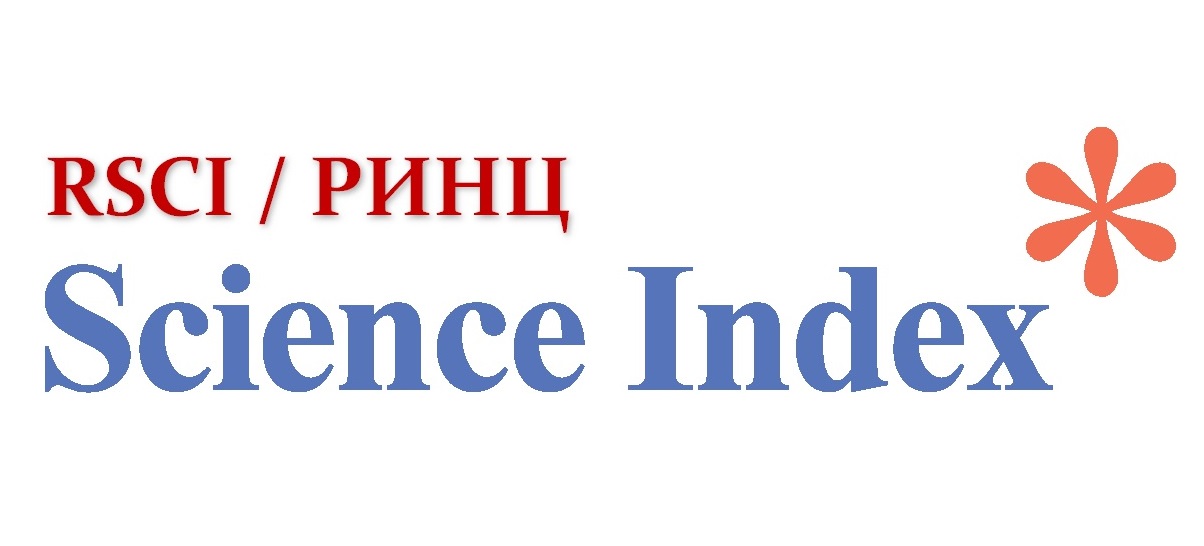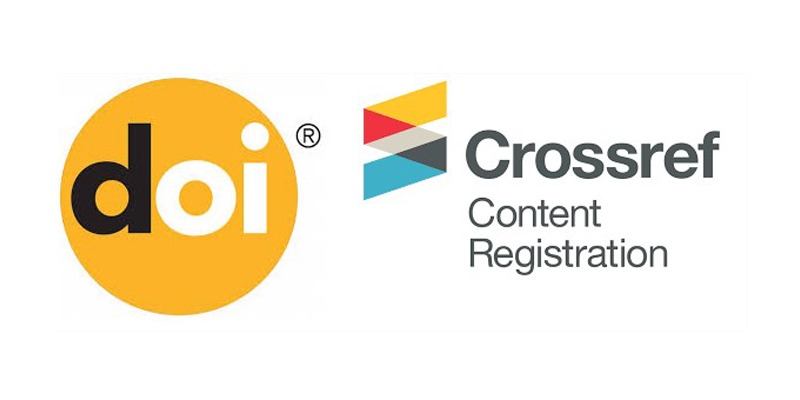The study of market and economic policy instruments in Kazakhstan: the case of eco-awareness policies
Views: 173 / PDF downloads: 98
DOI:
https://doi.org/10.32523/2789-4320-2025-3-119-141Keywords:
Kazakhstan, market and economic-based policy instruments, environmental domainAbstract
Market and economic policy tools are commonly used across the globe to address not only socio-economic issues, but also various environmental issues. In Kazakhstan, the use of market and economic policy measures has become increasingly popular among policymakers.
The study aims to create the first six-item market and economic-based eco-awareness policy taxonomy, which was then evaluated based on nine socio-economic and political assessment indicators, namely effectiveness, transparency, legitimacy, political acceptability, administrative feasibility, enforcement, equity, adaptability, and positive social impact. For that, first, via a thorough literature review, a total of sixteen academic sources that covered market and economic-based eco-awareness policy instruments were identified and synthesized on Google Scholar. Then, online interviews with 30 Kazakhstani ecology experts were conducted to assess each of the six items one-by-one.
Based on the assessment results, all six market and economic tools showed middle-level scores in all six indicators. While the waste charge mechanism tool demonstrated high scores in legitimacy, positive social impact, and enforcement indicators, the deposit-refund scheme and tax cuts relief measures received high scores in the positive social impact indicator. Overall, the financial support for nature conservation and eco-tourism efforts received the highest average score, followed by waste charge mechanisms and tax cut relief measures. These primary data results are of high significance for both environmental policymakers by allowing them to better understand the drawbacks and benefits of each market policy tool. However, research limitations, such as researcher bias and the market-based taxonomy being incomplete and requiring some tinkering, still need to be addressed in future research analysis.
Downloads
Downloads
Published
How to Cite
Issue
Section
License
Copyright (c) 2025 Е. Кумар, Ж. Утарбаева, Kristopher White

This work is licensed under a Creative Commons Attribution-NonCommercial 4.0 International License.






